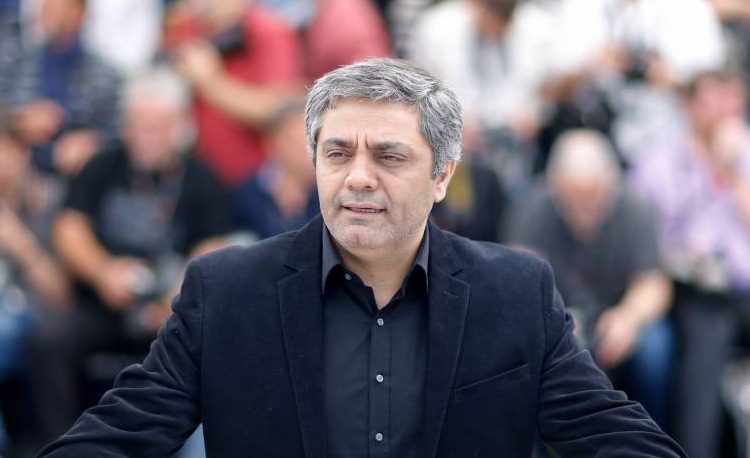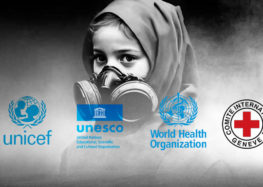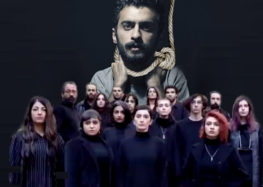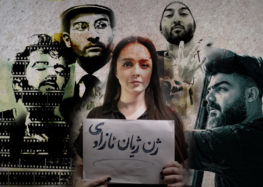Amid Coronavirus Outbreak, Renowned Filmmaker Mohammad Rasoulof Summoned to Prison

Rasoulof’s Film About Iran’s Death Penalty Recently Won Top Prize at Berlin Film Festival
March 4, 2020 – The Center for Human Rights in Iran (CHRI) strongly condemns the Iranian judiciary’s decision to put internationally acclaimed filmmaker Mohammad Rasoulof in harm’s way by summoning him to prison when thousands of prisoners are being released to prevent coronavirus transmissions.
“Yet again we’re witnessing the cruel lengths judicial officials will go to stifle peaceful criticism of state policies,” said CHRI Executive Director Hadi Ghaemi. “Filmmakers and free speech advocates everywhere should loudly call for this absurd sentence to be rescinded.”
“Making films shouldn’t be a life-endangering act,” he added. “This case is about the state’s ongoing efforts to criminalize freedom of expression and a filmmaker’s courageous attempts to challenge them.”
Rasoulof was summoned to Tehran’s Evin Prison to serve a one-year prison sentence for the content of his films via text message, his lawyer told the Associated Press. In July 2019, he told CHRI he had been charged with “propaganda against the state” for the content of his films.
Rasoulof was summoned less than a week after his film “There is No Evil,” about Iran’s death penalty policy, won the top prize at the Berinale – Berlin International Film Festival.
Rasoulof was unable to attend the award ceremony because the judiciary has also banned him from traveling abroad. But he agreed to discuss his film via a video interview that was produced by Berlinale.
Filmmakers in Iran face enormous pressure from the Iranian government to refrain from producing films that are critical of state policies.
The Iranian judiciary has a documented history of punishing filmmakers who resist this pressure. Several Iranian directors have been sentenced to prison and seen their films banned in Iran after refusing to toe state lines.
In November 2019, more than 200 members of Iran’s film industry signed an open letter condemning state censorship policies.
“All these restrictions and obstacles have not only prevented Iranian films from shining internationally, but also eroded their domestic audience,” said the letter. “We express our disgust toward all policies that interfere in the form and content of our work and demand freedom of expression and thought.”





